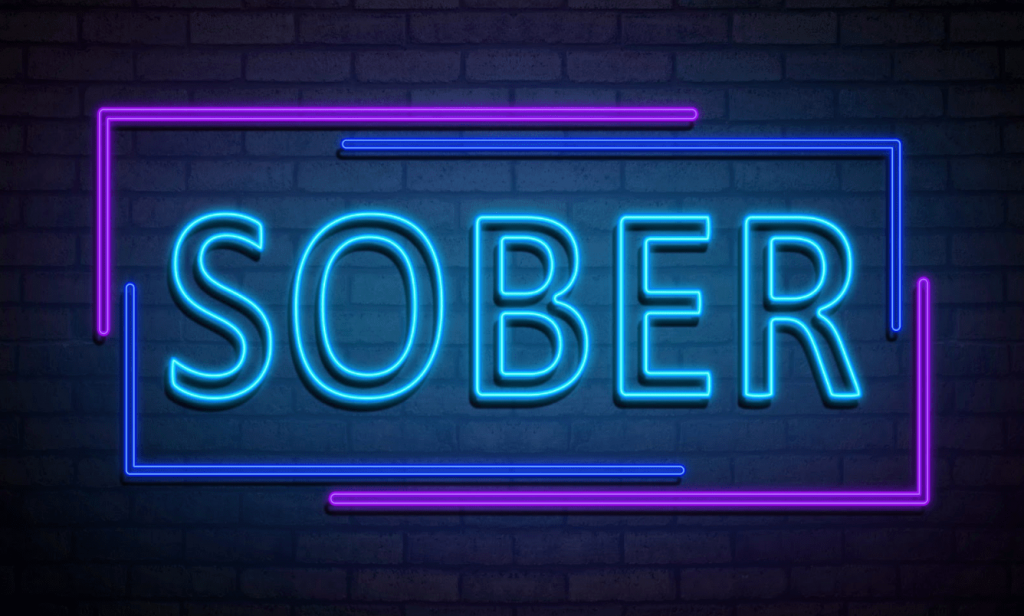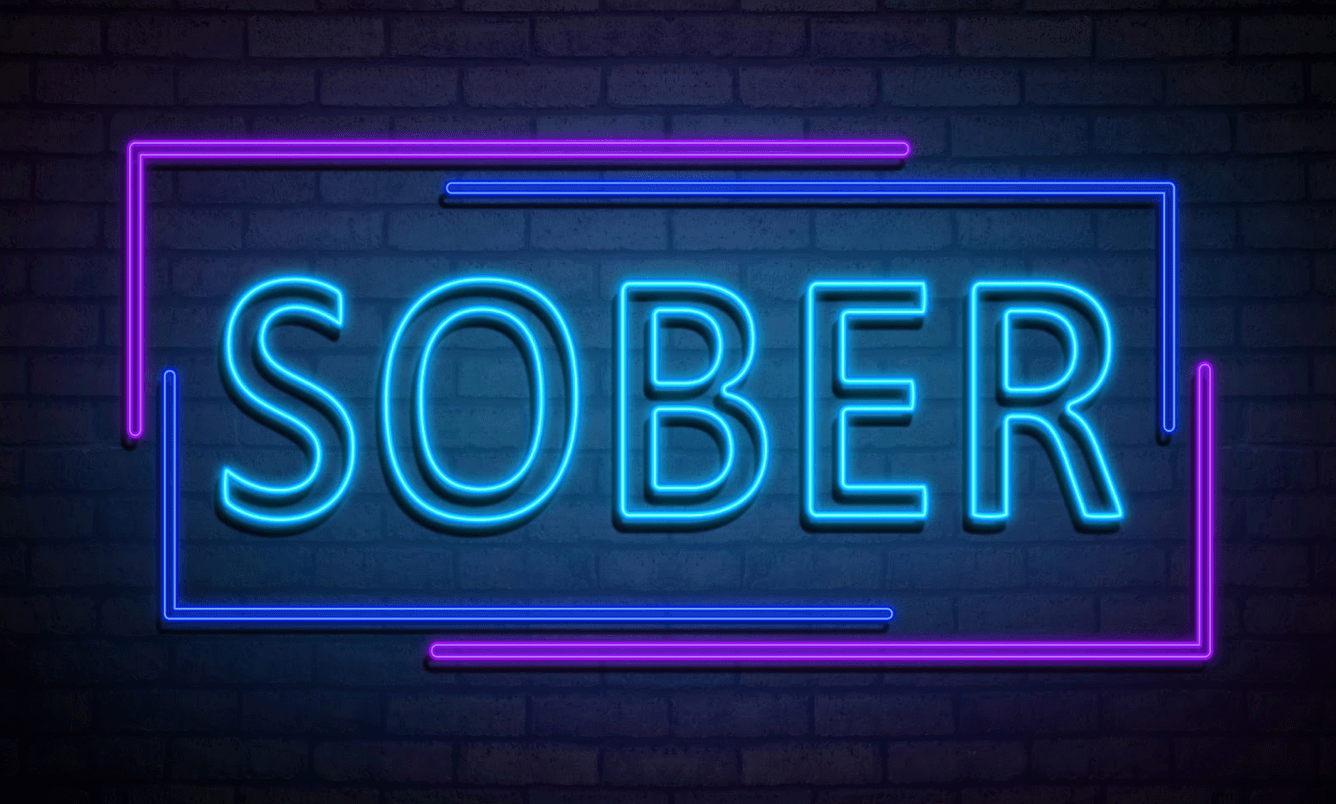In 2017, more than 70,200 Americans died from a drug overdose. In 2020, initial statistics point to more than 93,000 perishing, another huge increase. With this terrible truth in mind, we want to look at ‘8 Helpful Tips to Prevent Drug Abuse,’ so that fewer families have to grieve their loved ones.
Oftentimes, people who suffer from substance abuse refuse to believe they are ill and continue down the dangerous path of addiction, which can end in a fatal overdose.
But what if you’ve decided it’s time to take back your life and stop using drugs and alcohol? How can you prevent drug abuse and live a sober life?
Recovery is not an easy path, but it’s a necessary one. Keep reading for some important tips on staying sober.
What Qualifies as Drug Abuse?
The first step in recovery is admitting that you have an addiction. This might seem like a simple step, but oftentimes addicts can’t see that they have a destructive and harmful drug habit.
So, what exactly qualifies as drug abuse? When does one cross the line from occasional use to addiction?
Health officials agree that casual substance use becomes substance abuse when one or more of the following things occur as a result of repeated drug use:
- Health issues
- Failure to meet normal responsibilities (missing work, school, etc.)
- Putting yourself or others at risk
- Relationship/social issues
- Disability
- Impaired control
These are just a few of the ways addiction can change your life. There are many other ways drug and alcohol abuse can affect you and the people around you. And if you feel unable to continue through the day without using your drug of choice, you have an addiction.
Now that we’ve laid the foundation of what drug abuse actually is, let’s jump into how to prevent substance abuse moving forward.

1. Understand the Risk Factors of Substance Abuse
One of the most important steps of staying sober is investigating what led you to abuse drugs in the first place.
While the causes of substance abuse can vary vastly from person to person, we should talk about and understand the common risk factors that lead to drug use.
Genetics
Do you have a history of drug or alcohol abuse in your family? This isn’t by accident. Biology and your genetics play a huge role in the likelihood that you develop an addiction.
But while genetics play a huge role, it doesn’t mean you’re doomed from the start just because both of your parents have addiction problems. It just means you’re at a higher risk than someone who has no family history of drug abuse.
Environment
The environment we grow up in and the people we surround ourselves with play a huge role in addiction.
Environmental factors can include family and friends’ behavior, social or economic status, quality of life, stress, and more.
Mental Illness
There is a strong correlation between mental health disorders and substance abuse. This is likely due to people using drugs and alcohol to cope with mental illnesses like depression and anxiety.
In fact, one in four adults living with serious mental health disorders also suffer from substance abuse.
This means that if you suffer from mental illness, it’s important to seek help to treat the illness so you don’t use drugs and alcohol as a crutch.
Trauma
There is also a strong correlation between trauma and substance abuse, especially among women.
It is estimated that as many as 80 percent of women who abuse drugs and alcohol also report prior sexual and/or physical abuse.
2. Seek Help for Mental Illness
As mentioned above, there is a strong correlation between substance abuse and mental illnesses or trauma. That fact makes it especially important for people to see a therapist or psychiatrist to treat these issues.
Without treating mental health problems, preventing addiction becomes an almost impossible battle. This is because when things get difficult, you will likely turn back to your drug of choice if you don’t have other means of working through it.
Mental health professionals not only give you space to safely talk, but they also give you ways to make it through those tough times. After seeing a professional, you’ll have a toolbox full of healthy ways to cope with mental illness.
3. Be Honest with Yourself
Addiction is a lifelong illness and it doesn’t just go away after being sober for an extended time period. The addiction will always be with you, and it’s important to be honest with yourself about that.
Once you can admit that you are an addict, you’ll know that there are certain things you should avoid if you want to stay sober.
For example, if you’re a recovering alcoholic, you shouldn’t go to a bar with friends you used to get wasted with. The temptation will be too strong and you might succumb to it.
So, be honest with where you’re at in your recovery and keep away from any potential temptations.
4. Surround Yourself with Positive Influences
Just as it’s important to keep away from bad influences that might tempt you into using again, it’s also necessary to surround yourself with positive influences.
This doesn’t mean you can only hang out with other sober individuals. It means you should be around people who will support and respect your sobriety. Keep friends who understand the struggle you’ve gone through, and will motivate you to stay sober.
You should also have a group of sober peers — for example, an NA or AA support group that you can turn to when you’re feeling vulnerable.
5. Live a Balanced Life
When your life is in shambles and causing you immense stress, it becomes more difficult to cope with and stay sober. That’s why addicts need to take extra care to make sure they’re living a well-balanced life.
What does this mean, exactly?
A well-balanced life means that your days are full, but you’re not overwhelmed. You spend time completing your responsibilities, but also have time to enjoy yourself and others. You eat healthy foods and exercise your body and your mind.
By practicing these habits, you will be in a better place physically and mentally and you won’t feel as strong of an urge to use again.
6. Communicate with Loved Ones
As an addict, you need to be comfortable sharing your emotions with your loved ones.
If you start feeling overwhelmed with daily pressures or have recently dealt with a life trauma (death in the family, loss of a job, etc.), you can’t bottle that up because it’ll build up and explode into destructive behavior.
By learning to communicate with your family and friends, you can work through these issues before they build up. Loved ones can provide valuable insight and, most importantly, let you know that they’re there for you and will help you through it.
7. Find Healthy Coping Mechanisms
Addicts often use drugs to cope with mental illness and stress on a daily basis. So when you quit using, it’s vital to have healthy alternatives to cope with these same issues.
Seeing a therapist can help you in the long-term, but you should have a way to work through triggers right now so you don’t turn to drug use.
So, what are some helpful coping tools you can use? Here are a few:
Meditation
When you first start to meditate, you might not notice a big effect. But if you practice meditation on a daily basis, you will start to notice the ability to shut off your thoughts and ground yourself.
Once you reach that point, you can start using meditation to get you through stressful or emotional moments in your life. If you feel yourself getting upset, take a step back, sit down, and meditate for a few minutes to reset.
Exercise
Exercise is a wonderful way to deal with stress because it releases endorphins, just as a drug will.
By simply going for a run when you’re feeling upset, you can alter your brain chemistry and start feeling a lot better.
Hobbies
Do you enjoy going on hikes, painting, or gardening? These types of hobbies are a great way to stay grounded and distract yourself from dangerous thoughts when times are rough.
Even if your hobbies keep you distracted enough until you can meet up with a sponsor or support group, that might be all you need.
8. Respond to Relapse by Checking into Rehab
The unfortunate part of recovery is the possibility of relapse. Between 40 and 60 percent of people in recovery relapse at least once. And while that’s a scary thought, it’s important to know it’s a normal part of recovery.
If you relapse, you can’t be too hard on yourself. You need to take responsibility and get treatment so you can get back on track again.
By checking into rehab, you can get clean and understand what led to the relapse so you can develop a deeper understanding of your addiction.
Prevent Drug Abuse and Gain Control of Your Life
If you want to prevent drug abuse and live a sober life, following these tips is a great start.
Recovery and sobriety is a life-long journey and requires dedication and honesty from yourself.
If you have recently relapsed or fear you might, reach out to us today. We can help get you back on track so you can live a happy, healthy, and drug-free life.

